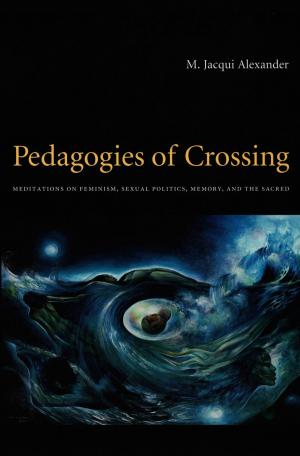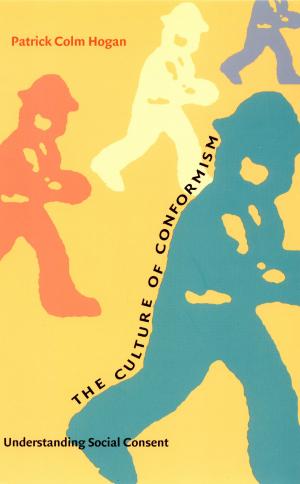E.T. Culture
Anthropology in Outerspaces
Nonfiction, Social & Cultural Studies, Social Science, Sociology, Marriage & Family, Anthropology, Religion & Spirituality, New Age| Author: | Christopher F. Roth, David Samuels, Susan Lepselter | ISBN: | 9780822387015 |
| Publisher: | Duke University Press | Publication: | January 30, 2006 |
| Imprint: | Duke University Press Books | Language: | English |
| Author: | Christopher F. Roth, David Samuels, Susan Lepselter |
| ISBN: | 9780822387015 |
| Publisher: | Duke University Press |
| Publication: | January 30, 2006 |
| Imprint: | Duke University Press Books |
| Language: | English |
Anthropologists have long sought to engage and describe foreign or “alien” societies, yet few have considered the fluid communities centered around a shared belief in alien beings and UFO sightings and their effect on popular and expressive culture. Opening up a new frontier for anthropological study, the contributors to E.T. Culture take these communities seriously. They demonstrate that an E.T. orientation toward various forms of visitation—including alien beings, alien technologies, and uncanny visions—engages primary concepts underpinning anthropological research: host and visitor, home and away, subjectivity and objectivity. Taking the point of view of those who commit to sci-fi as sci-fact, contributors to this volume show how discussions and representations of otherworldly beings express concerns about racial and ethnic differences, the anxieties and fascination associated with modern technologies, and alienation from the inner workings of government.
Drawing on social science, science studies, linguistics, popular and expressive culture, and social and intellectual history, the writers of E.T. Culture unsettle the boundaries of science, magic, and religion as well as those of technological and human agency. They consider the ways that sufferers of “unmarked” diseases such as Chronic Fatigue Syndrome come to feel alien to both the “healthy” world and the medical community incapable of treating them; the development of alien languages like Klingon; attempts to formulate a communications technology—such as that created for the spaceship Voyager—that will reach alien beings; the pilgrimage spirit of UFO seekers; the out-of-time experiences of Nobel scientists; the embrace of the alien within Japanese animation and fan culture; and the physical spirituality of the Raëlian religious network.
Contributors. Debbora Battaglia, Richard Doyle, Joseph Dumit, Mizuko Ito, Susan Lepselter, Christopher Roth, David Samuels
Anthropologists have long sought to engage and describe foreign or “alien” societies, yet few have considered the fluid communities centered around a shared belief in alien beings and UFO sightings and their effect on popular and expressive culture. Opening up a new frontier for anthropological study, the contributors to E.T. Culture take these communities seriously. They demonstrate that an E.T. orientation toward various forms of visitation—including alien beings, alien technologies, and uncanny visions—engages primary concepts underpinning anthropological research: host and visitor, home and away, subjectivity and objectivity. Taking the point of view of those who commit to sci-fi as sci-fact, contributors to this volume show how discussions and representations of otherworldly beings express concerns about racial and ethnic differences, the anxieties and fascination associated with modern technologies, and alienation from the inner workings of government.
Drawing on social science, science studies, linguistics, popular and expressive culture, and social and intellectual history, the writers of E.T. Culture unsettle the boundaries of science, magic, and religion as well as those of technological and human agency. They consider the ways that sufferers of “unmarked” diseases such as Chronic Fatigue Syndrome come to feel alien to both the “healthy” world and the medical community incapable of treating them; the development of alien languages like Klingon; attempts to formulate a communications technology—such as that created for the spaceship Voyager—that will reach alien beings; the pilgrimage spirit of UFO seekers; the out-of-time experiences of Nobel scientists; the embrace of the alien within Japanese animation and fan culture; and the physical spirituality of the Raëlian religious network.
Contributors. Debbora Battaglia, Richard Doyle, Joseph Dumit, Mizuko Ito, Susan Lepselter, Christopher Roth, David Samuels















